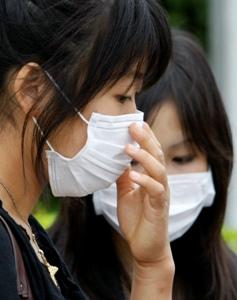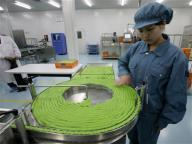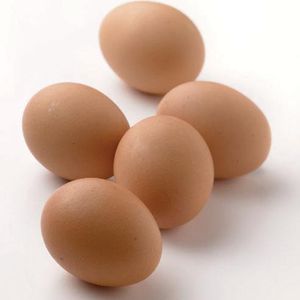
New flu drug may resist mutations: researchers
A new type of experimental flu drug that stops the virus from infecting cells appears to stop it from mutating into drug-resistant forms, researchers reported on Sunday.
Tests in mice and in lab dishes show that NexBio Inc.’s drug Fludase can stop the seasonal influenza virus from infecting cells and can fight strains of virus that have evolved resistance to Tamiflu, Roche AG’s popular influenza drug, the company said.
“Extensive, prolonged nonclinical influenza studies have not shown the development of any meaningful resistance,” the company said in a statement released at the Interscience Conference on Antimicrobial Agents and Chemotherapy in San Francisco.
Privately held NexBio Inc. said tests showed that Fludase, also known as DAS181, worked against the new H1N1 swine flu virus too.
Influenza viruses very quickly change to put up a strong defense against antiviral drugs. Last year the seasonal H1N1 virus developed strong resistance to Tamiflu. Two older flu drugs, amantadine and rimantadine, now have very little effect against influenza viruses.
Tamiflu and a similar drug, GlaxoSmithKline’s Relenza, affect a compound in the flu virus called neuraminadase — which gives flu viruses like H1N1 the “N” in their names.
Fludase affects the human cells that influenza infects, not the virus itself and that should make it less likely to cause the virus to develop resistance, company spokesman Dr. David Wurtman said.
It affects the sialic acid receptor — the molecular doorway that flu viruses use to attach to cells, he said.
“It makes it impossible to spread, so it can’t infect neighboring cells,” Wurtman said in a telephone interview.
Teams at the U.S. Centers for Disease Control and Prevention, University of Hong Kong and Saint Louis University in Missouri ran the experiments, the company said.
“Based on these encouraging data, we are moving forward with our ongoing clinical development of DAS181, and we will continue to work closely with FDA (the U.S. Food and Drug Administration), CDC and NIH (the National Institutes of Health) on this clinical program during the current pandemic,” Dr. Ronald Moss of NexBio, who presented the study, said in a statement.
Health experts predict that new drugs to fight flu will soon be needed, as the virus is mutation prone. Many are in development — furthest along is BioCryst’s peramivir, which would be made and sold in partnership with Japan’s Shionogi.
New flu drug , New flu drug Health, New flu drug Health Latest, New flu drug Health Information, New flu drug Health information, New flu drug Health Photo,Exercising for Weight Health photo, New flu drug Health Latest, New flu drug Health latest, Exercising for Weight Health Story, Healthy Minnesota Health story, New flu drug Video, New flu drug video, New flu drug Health History, New flu drug Health history, New flu drug over Picture, history, New flu drug Asia, Healthy Minnesota asia, New flu drug Gallery, Exercising for Weight gallery, New flu drug Photo Gallery, Healthy Minnesota photo gallery, New flu drug Picture, New flu drug picture, New flu drug Web, Malaysia Health, web Health, web Health picture, video photo, video surgery, gallery, laparoscopy, virus, flu, drug, video, Health Health, calories, photo, nutrition, health video, symptoms, cancer, medical, beating, diet, physical, Training, organic, gym, blister, exercise, weightloss, surgery, spiritual, eating, tips, skin, operation, bf1, New flu, drug, may, resist, mutations, researchers




